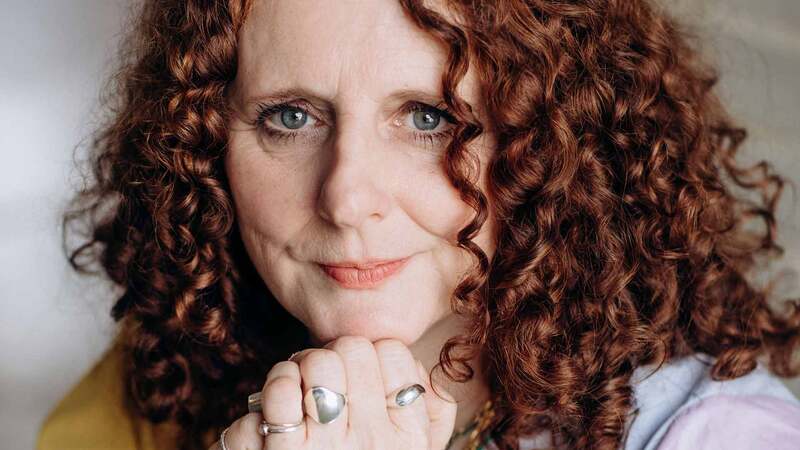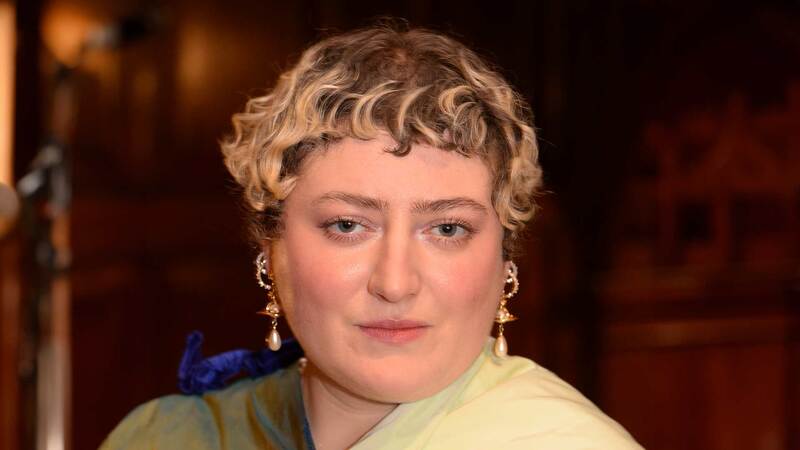You are viewing your 1 free article this month. Login to read more articles.
Corbyn pledges to invest in arts
Labour leadership candidate Jeremy Corbyn has pledged to protect the BBC and invest in the arts.
According to the Telegraph, Corbyn announced that funding for the arts is “central” to creating a better society and that investing in the arts and culture would make Britain “happier”.
Yesterday Corbyn revealed his plan to secure the future of the arts and culture industry and was supported by screenwriter and novelist, Frank Cottrell Boyce, who produced the storyline for the 2012 Summer Olympics opening ceremony.
In a statement outlining his plans, Corbyn said: “The arts are for everybody not the few; there is creativity in all of us.”
He added: “The arts and creative industries are the backbone of much of our cultural heritage and I fear that under this government over the next five years this cultural heritage is under threat.
"Under the guise of a politically motivated austerity programme, this government has savaged arts funding with projects increasingly required to justify their artistic and social contributions in the narrow, ruthlessly instrumentalist approach of the Thatcher governments."
He claimed that the arts have seen £82m of cuts over the past five years, with many organisations and venues closing down.
He warned: "As a country that has made such remarkable contributions to music, dance and theatre, the current suffocation of our arts should concern us all.
"Our Labour leadership campaign is for a country in which people are happier, more fulfilled and secure in their work as well as home.
"If we are to achieve our goal in government of supporting people in leading more enjoyable and fulfilling lives, funding for the arts must be central to that offer."
Corbyn has pledged to invest in the arts to “rebuild the foundations of artistic enterprise”, to encourage every child to learn a musical instrument or act on stage and widen access to the arts. He also aims to direct a greater proportion of funding to local projects, create more outreach programmes for young people from flagship national projects and to protect the BBC from further cuts.
He said: “It is my firm belief that the role of government must be to work alongside arts communities and entrepreneurs in widening access to the arts, and for this broader engagement to stimulate creative expression as well as support us in achieving our social objectives.”
In an interview with BECTU, the trade union for film and television workers, Andy Burnham said that the creative industries are a “vital part of our national identity” and pledged to “tackle the issue of unpaid internships.” Liz Kendall told the union she aims to “revive” cultural education, while Yvette Cooper said: “I see the arts as a fundamental part of our society and economy, and under my leadership they will be central to the party's plans for government”.
Corbyn launched his Arts Policy document at an event at the Arcola Theatre last night (2nd September) introduced by The Voice winner, Jermain Jackman.













